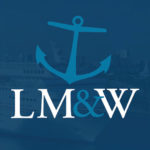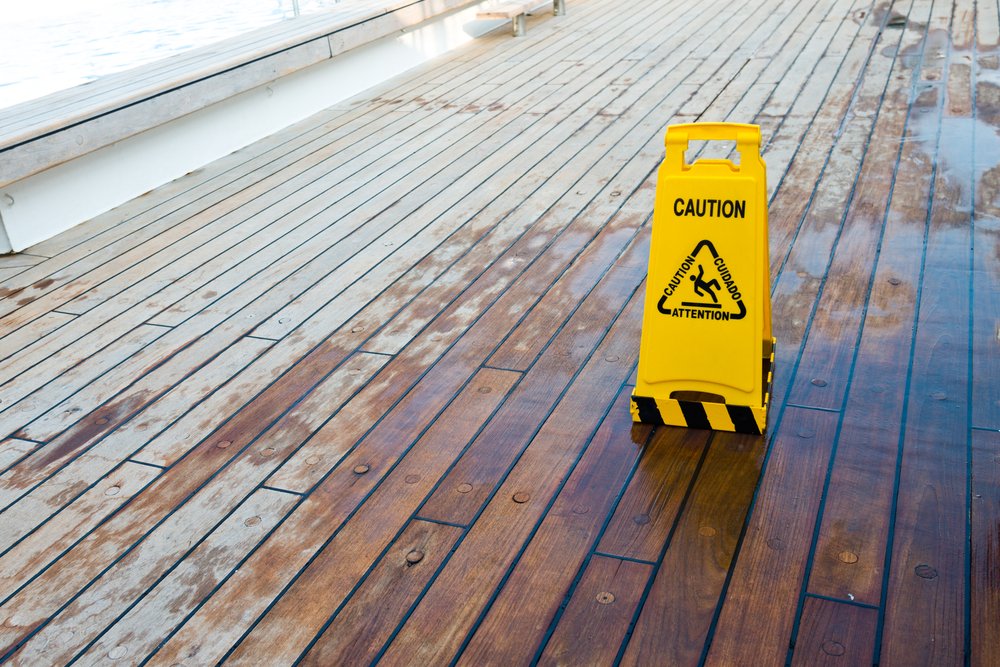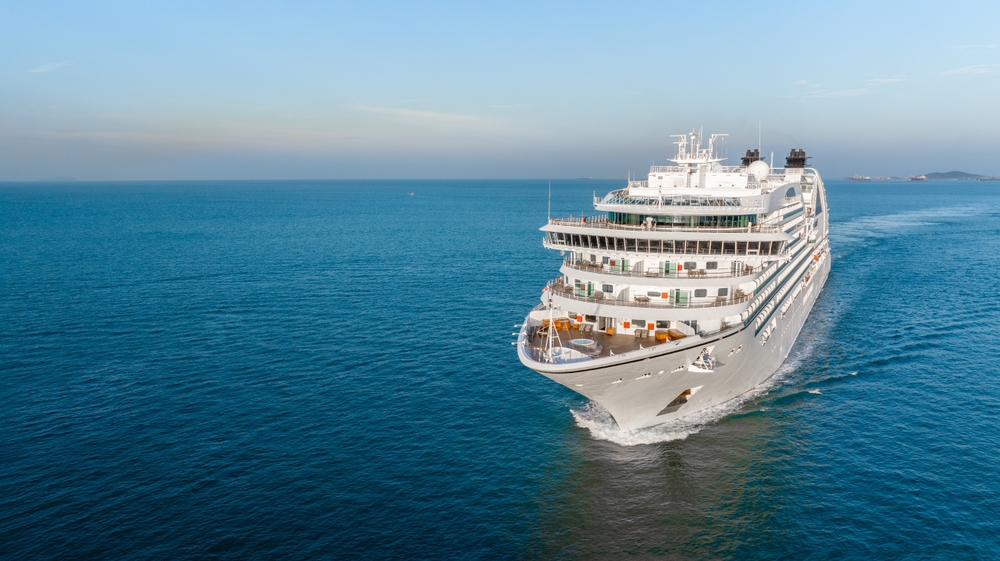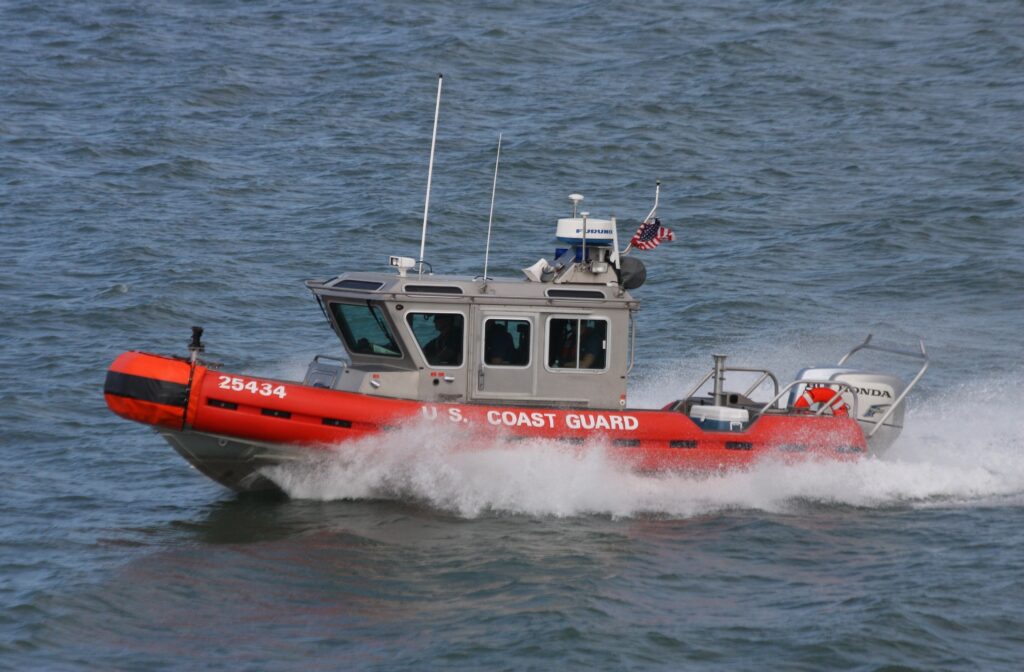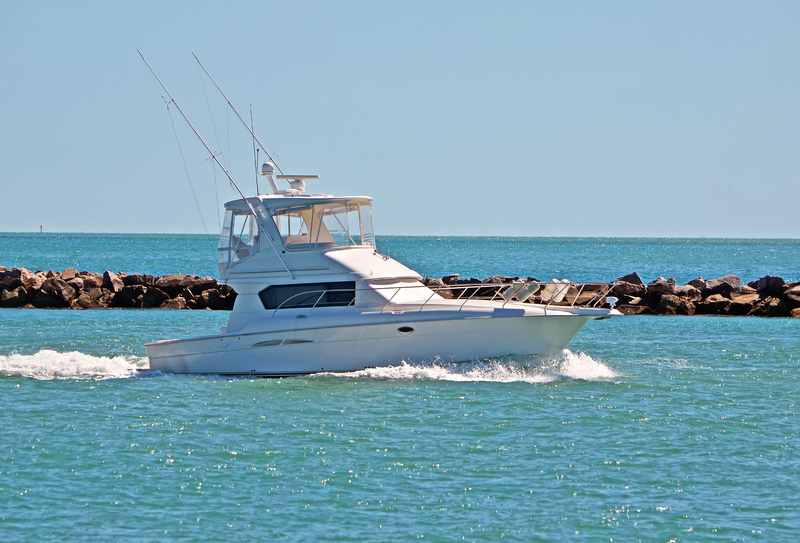Women often struggle with discrimination at the workplace on land, and at sea, things are no different. Figures show that women make up only about 2% of the world’s maritime workforce, and are employed mostly in the cruise industry, and on ships that fly foreign flags. Since cruise ships that are registered abroad follow the maritime laws of the country whose flag they fly, safety and protection for seafarer rights isn’t always the greatest. Women employed in these maritime jobs are underpaid and are not always protected against discrimination, accidents, crimes, or any other injustice at sea.
Due to the low number of women employed in maritime positions, discrimination is almost inevitable. Not only can women face work once they uphold a seafaring position, but they can also face prejudice when even applying for a job in the industry. There are countries that do not allow women to enroll in maritime education and training institutions. Yet, even female seafarers that do undergo maritime training can still face discrimination from ship owners who refuse to hire women. If they do manage to get hired, women may face lower pay rates than their male counterparts, regardless of their performance.
Maritime trade unions are working to reduce the incidence of discrimination in the maritime industry and raise the number of women in the workforce. Their efforts have helped women confront discrimination and become recognized as valuable members of a ship’s crew. However, while the number of women employed in maritime positions has gone up to about 23,000 worldwide, the battle for equal treatment in the industry is far from over.
One of the largest problems facing women seafarers is sexual harassment. Although sexual harassment is a problem that both women and men can face, the majority of victims are women, while the majority of offenders are male. Some incidents can be relatively mild, such as facing general lewd comments or jokes, but there are times in which the harassment is pervasive and severe, often leading to cruise ship rape and sexual assault incidents.
Maritime law in the United States protects all seafarers against discrimination and sexual harassment, but these rights are often violated. Moreover, there are countries that offer no such protection against women and sexual assault incidents, leading them to suffer in silence, never obtaining the compensation they deserve.
Several maritime unions have enacted policies that protect against sexual harassment, including the International Transport Workers’ Federation (ITF), an independent international trade organization comprised of roughly 700 unions, and representing over 4.5 million transport workers from around 150 countries.
The ITF is calling on maritime employers, the International Labour Organization (ILO), a UN specialized agency that promotes social justice and internationally recognized human and labor rights, as well as other trade unions to prioritize safety at the maritime workplace and help reduce discrimination and harassment for women seafarers. The ITF has outlined some of the main issues faced by victims of discrimination and is working on obtaining the support of industry leaders and ship owners around the world.
Among the issues the ITF is fighting for are:
- Reducing gender stereotypes within the maritime industry
- Provision of sanitary items onboard vessels
- The right of women seafarers to obtain confidential medical advice and contraceptives
- Improvements to maternity benefits and rights policies
- The development of sexual harassment policies and training against discrimination within the industry
However, history has shown that despite offering crewmembers protection in the event an incident does occur, this still doesn’t prevent the harassment or cruise ship sexual crime from occurring in the first place.
Anytime someone has faced sexual harassment or any other form of discrimination in the maritime workforce, they have a right to turn to a seafarer lawyer for assistance in protecting their rights. Attorneys can defend both female and male seafarers alike, helping to put an end to the hostility faced at work.
Even though discrimination victims may often feel embarrassed or afraid to come forward, doing nothing about the situation will only make matters worse. Working in a hostile environment can lead to prolonged mental anguish, anxiety and overall deteriorated health. When discrimination becomes violent, the lives of victims are at risk, and every moment that goes by without reporting the matter can lead to an innocent seafarer’s death.
Lipcon, Margulies, Alsina &Winkleman, P.A. have represented seafarers’ rights since 1971 and work diligently to secure victims the damages they deserve for their pain and suffering. If you or someone you know has suffered at the hands of a sexual offender or other assailant, turn to our seafarer attorneys today to discuss your options in filing a case and protecting your rights.
Photo Credits: Women Seafarers
Top Right: safety4sea.com
Bottom Left: imo.org
Published on March 22, 2013
Categories: Cruise Ship Law, Cruise Ship Rape & Sexual Assault
Get Free
Consultation




